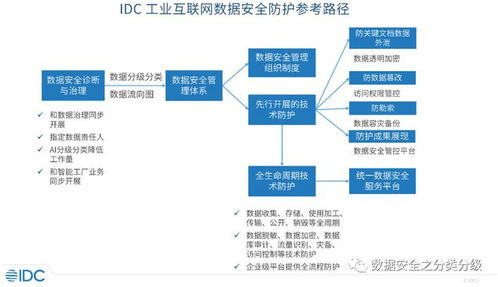Football Club World Ranking: A Comprehensive Overview
The world of football is vast and diverse, with clubs from all corners of the globe vying for glory on the international stage. The Football Club World Ranking is a system that aims to provide a comprehensive overview of the world's top clubs, taking into account various factors such as performance, history, and reputation. In this article, we will delve into the intricacies of the Football Club World Ranking, exploring its methodology, the top clubs, and its impact on the football world.
Understanding the Methodology

The Football Club World Ranking is a complex system that takes into account a variety of factors to determine the world's best clubs. The ranking is based on a points system, with points awarded for various achievements, including victories in domestic and international competitions. Here's a breakdown of the key components:
| Component | Points |
|---|---|
| Domestic League | Up to 100 points |
| Domestic Cup | Up to 50 points |
| International Club Competition | Up to 100 points |
| Historical Performance | Up to 50 points |
| Market Value | Up to 50 points |
As you can see, the ranking is not solely based on recent performance, but also takes into account historical achievements and the club's market value. This ensures that the ranking reflects the true strength and reputation of each club.
The Top Clubs

As of the latest ranking, the top clubs in the world are as follows:
| Rank | Club | Country |
|---|---|---|
| 1 | FC Barcelona | Spain |
| 2 | Real Madrid CF | Spain |
| 3 | Bayern Munich | Germany |
| 4 | Paris Saint-Germain | France |
| 5 | Liverpool FC | England |
These clubs have consistently performed at the highest level, both domestically and internationally, earning their place at the top of the ranking. It's worth noting that the ranking is subject to change, as clubs continue to compete and achieve new milestones.
The Impact of the Football Club World Ranking

The Football Club World Ranking has a significant impact on the football world, influencing various aspects of the sport. Here are some of the key areas where the ranking makes a difference:
Transfer Market: The ranking is often used as a benchmark when clubs are looking to sign new players. Top-ranked clubs are more likely to attract top talent, as they are seen as the most successful and prestigious.
Financial Incentives: Clubs that rank highly in the world ranking can benefit from increased revenue through sponsorships, broadcasting rights, and merchandise sales.
International Prestige: Being ranked as one of the best clubs in the world is a source of pride for any club and its fans. It can also lead to increased interest from fans around the globe, further enhancing the club's global presence.
Competitive Edge: The ranking can provide clubs with a competitive edge when it comes to participating in prestigious international competitions, such as the UEFA Champions League and the FIFA Club World Cup.
In conclusion, the Football Club World Ranking is a valuable tool for evaluating the world's top clubs. By considering a










